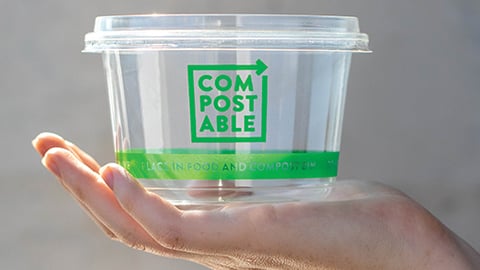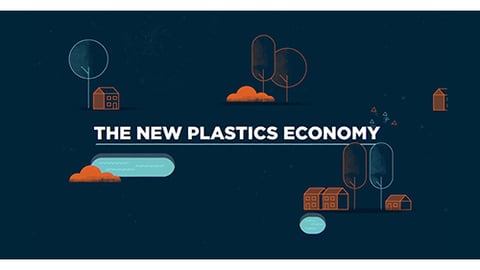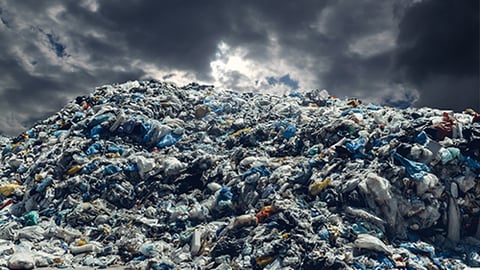FMI Now Part of U.S. Plastics Pact
FMI – The Food Industry Association has joined the U.S. Plastics Pact, a collaborative, solutions-driven initiative with the mission of effecting significant systems change by uniting diverse cross-sector approaches, developing a national strategy, and coming up with scalable solutions toward a circular economy for plastics in the United States by 2025.
The first North American pact of its kind, the U.S. Plastics Pact is a collaboration led by The Recycling Partnership, the World Wildlife Fund (WWF) and the Ellen MacArthur Foundation.
As part of the pact, FMI acknowledges that significant, systemwide change is crucial to creating a circular economy for plastics. As such, the pact will unite more than 70 brands, retailers, NGOs and government agencies throughout the plastics value chain to bring a single voice to U.S. packaging via coordinated initiatives and inventive solutions for revamping products, packaging and business models.
“We look forward to helping to identify realistic goals for these ambitious targets, especially as 41% of our members already report having clear objectives and implementation timeframes for package waste reduction,” said Leslie G. Sarasin, president and CEO of Arlington, Virginia-based FMI.
Added Sarasin, “It is particularly important we consider goals for sustainable operations together during the ongoing pandemic, with changing government requirements, material availability and consumer behavior challenging the packaging environment.”
As a founding activator of the U.S. Plastics Pact, FMI will collectively work toward the following goals:
- Define a list of packaging to be designated as problematic or unnecessary by 2021 and take measures to eliminate them by 2025.
- By 2025, all plastic packaging is 100% reusable, recyclable, or compostable.
- By 2025, undertake ambitious actions to effectively recycle or compost 50% of plastic packaging.
- By 2025, the average recycled content or responsibly sourced bio-based content in plastic packaging will be 30%.
While the pact complements and follows the far-reaching precedents set by the existing global network of plastic pacts, it will be shaped to meet the particular needs and challenges of the U.S. market, reflecting national priorities and realities while still bringing the nation closer to other developed nations in its management of plastic waste.
“Together through the U.S. Plastics Pact, we will ignite system change to accelerate progress toward a circular economy,” affirmed Sarah Dearman, VP of circular ventures for The Recycling Partnership, a Falls Church, Virginia-based national nonprofit organization that leverages corporate partner funding to transform recycling in states, cities and communities across the country. “The U.S. pact will accelerate system-wide change by inspiring and supporting upstream innovation through a coordinated national strategy, creating a unified framework and enabling members to accelerate progress toward our ambitious 2025 sustainability goals. Members’ full participation will be vital to reaching our shared goals.”
Since achieving this vision will require new levels of accountability from all facets of the plastics supply chain, FMI is committed to transparent, annual reporting, guided by WWF’s Resources: Plastic Footprint Tracker, which will be used to monitor annual progress against the pact’s four goals. The first task of the founding members of the U.S. Plastics Pact will be to produce a “road map” in Q1 2021 identifying key milestones and national solutions to achieve the U.S. targets and develop a circular economy.






